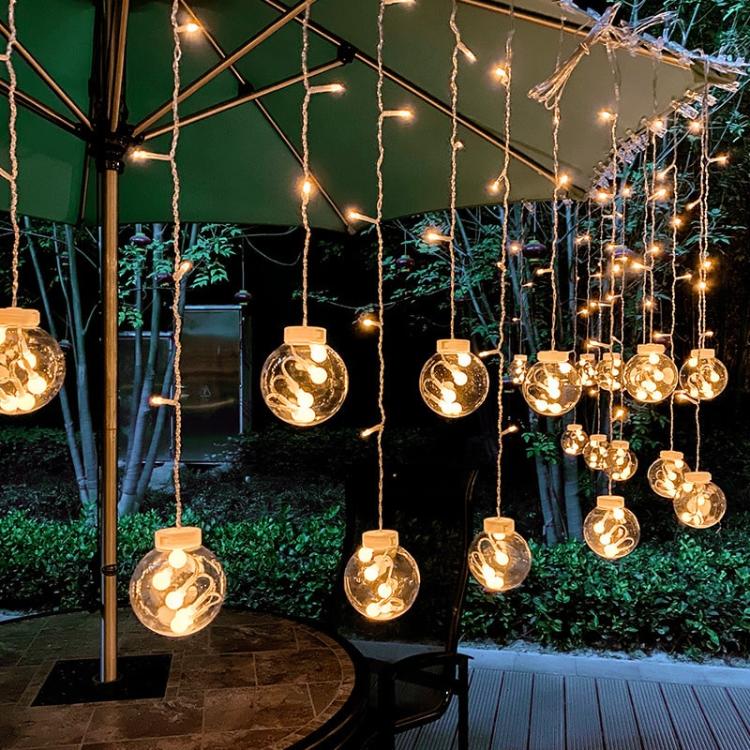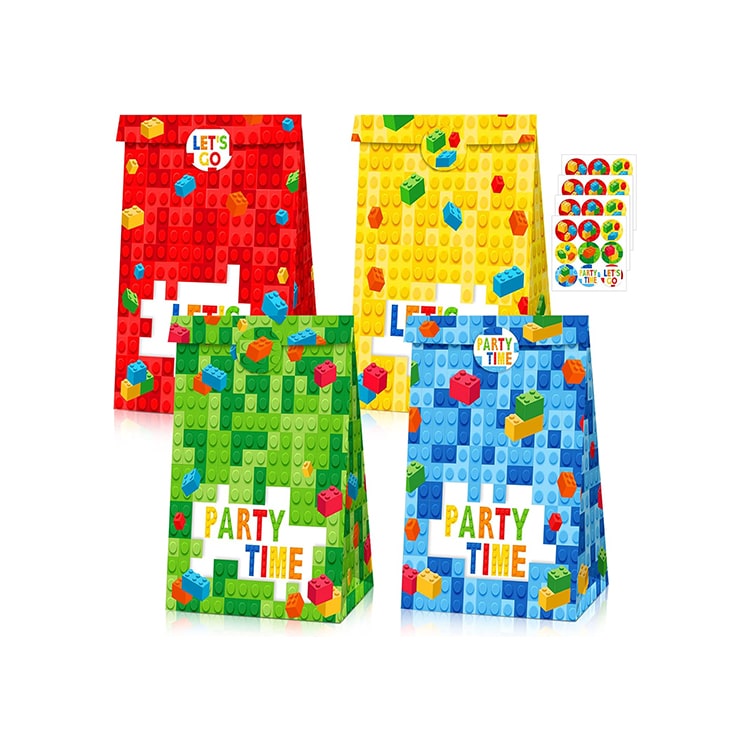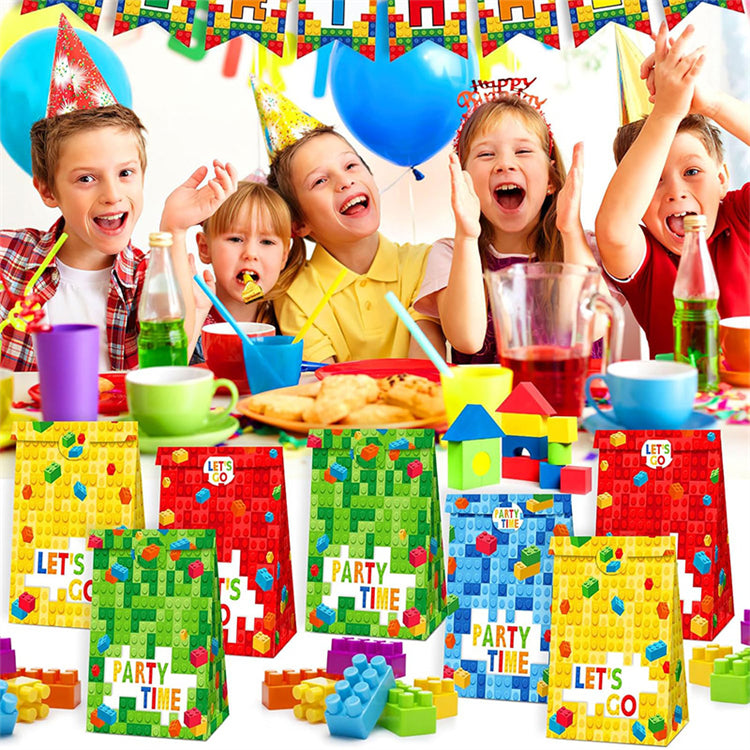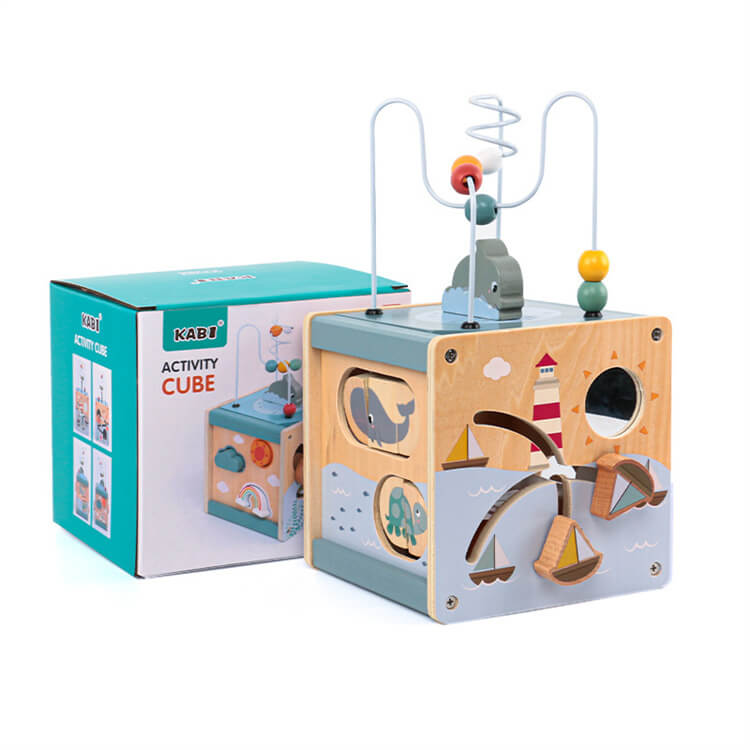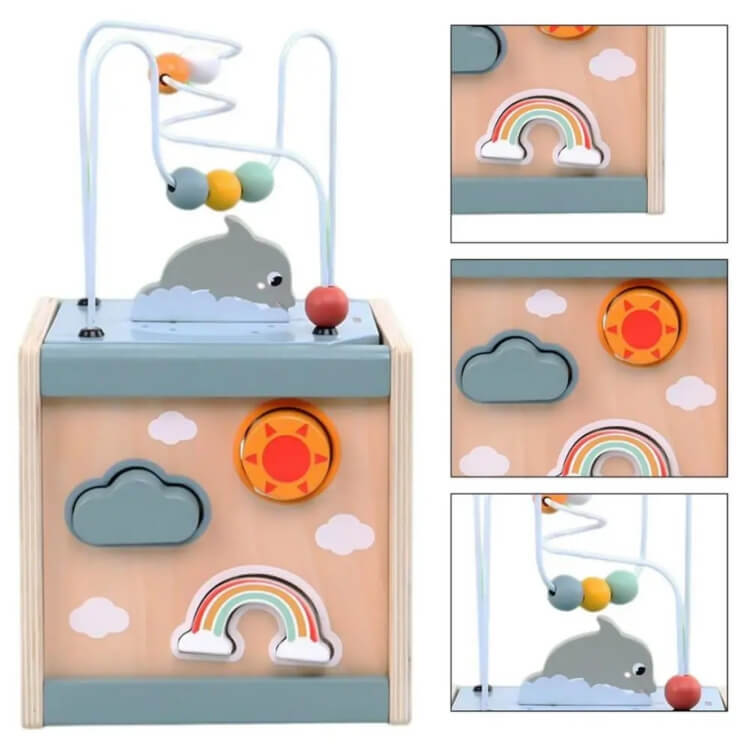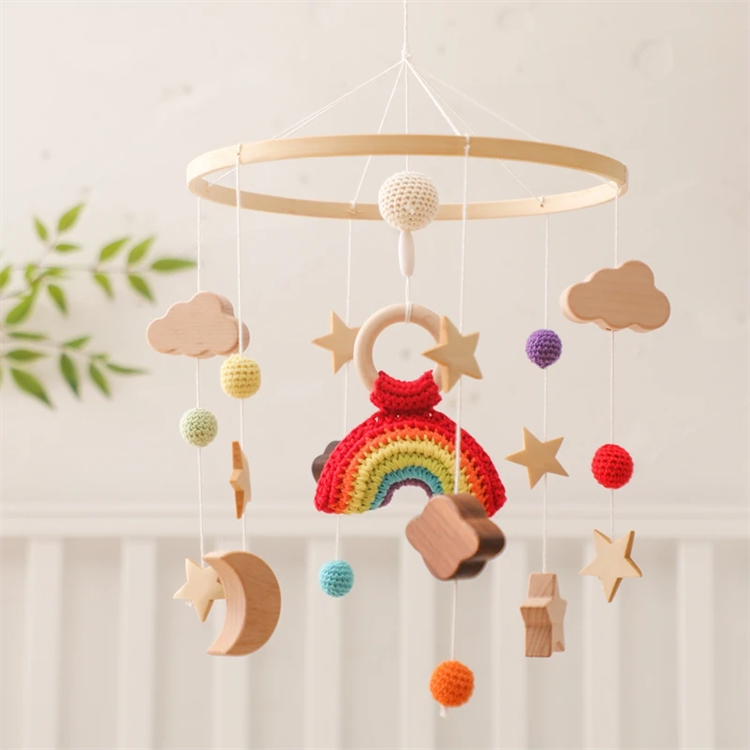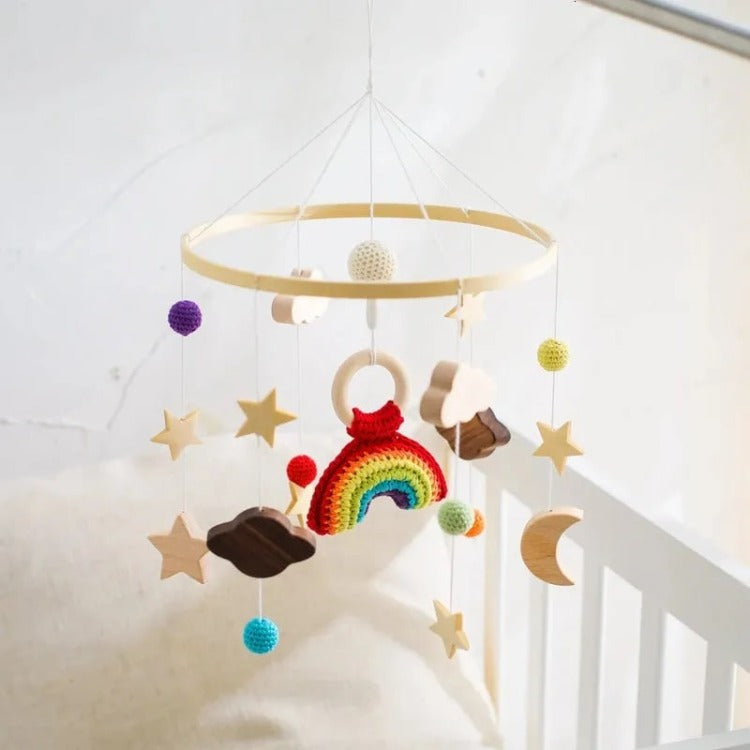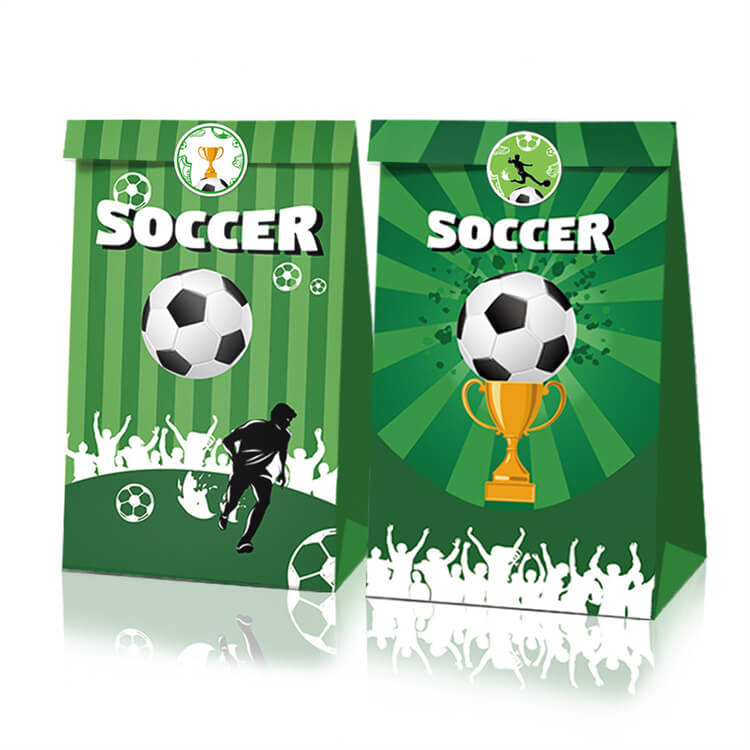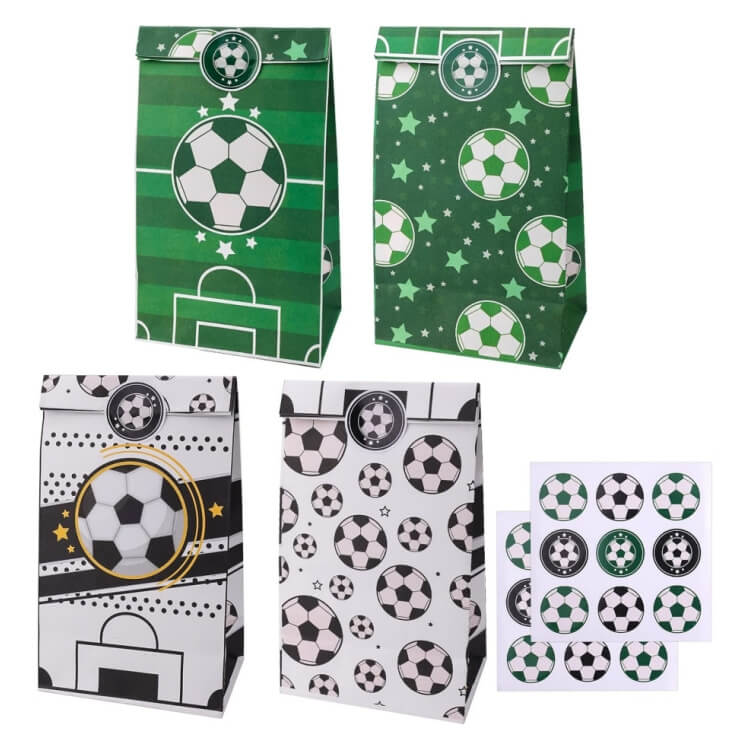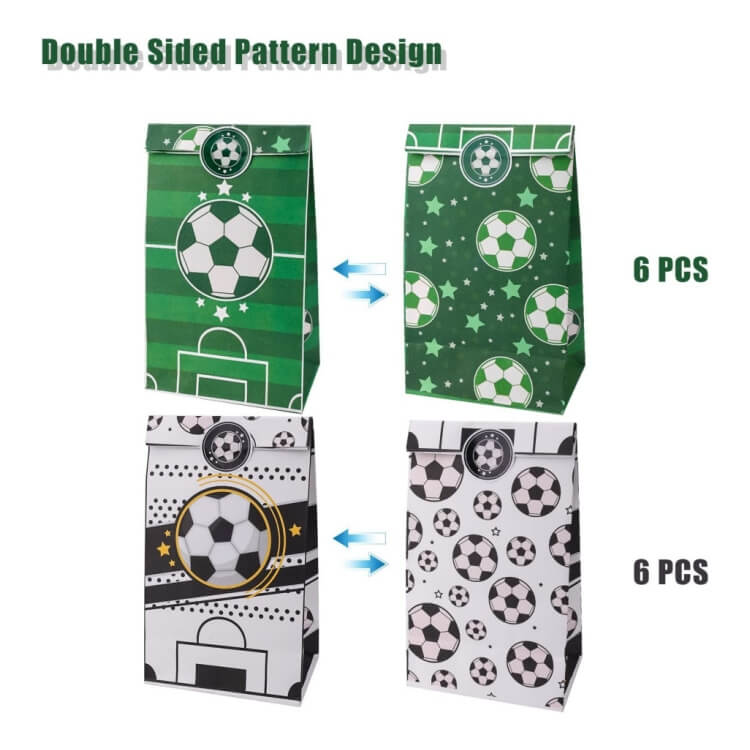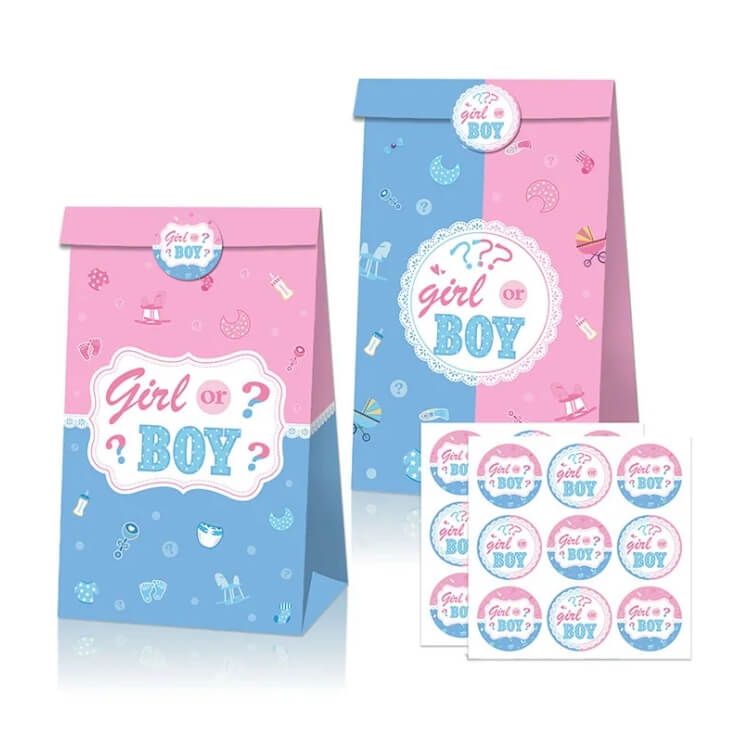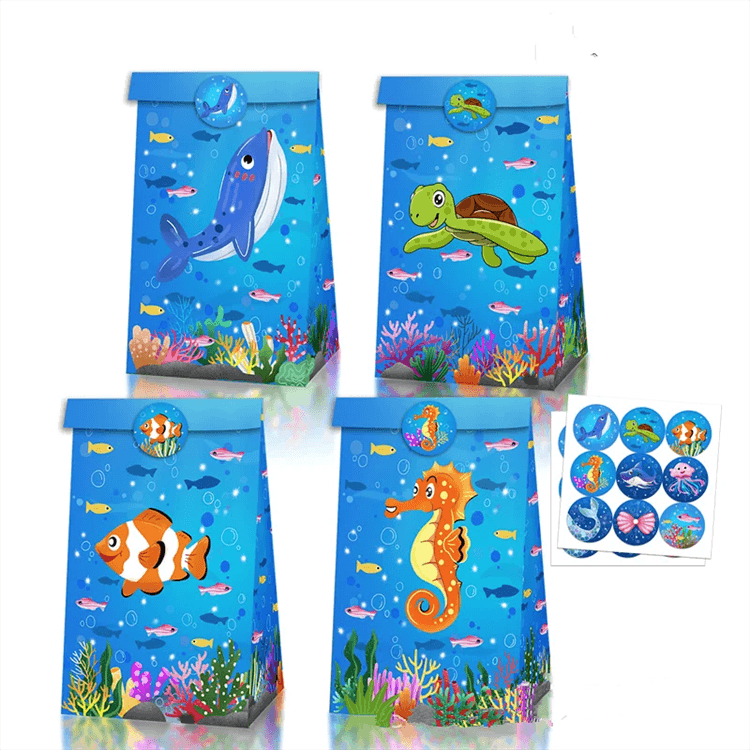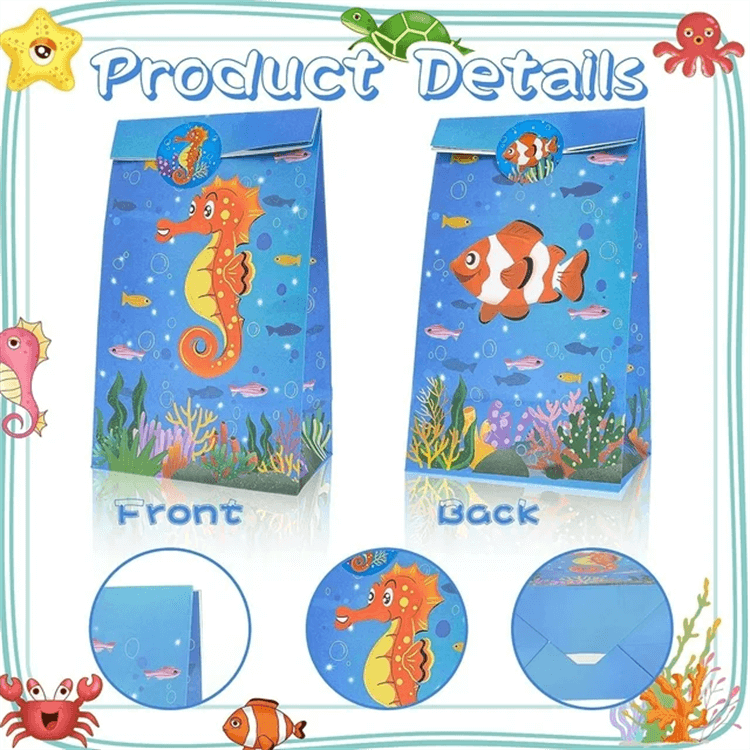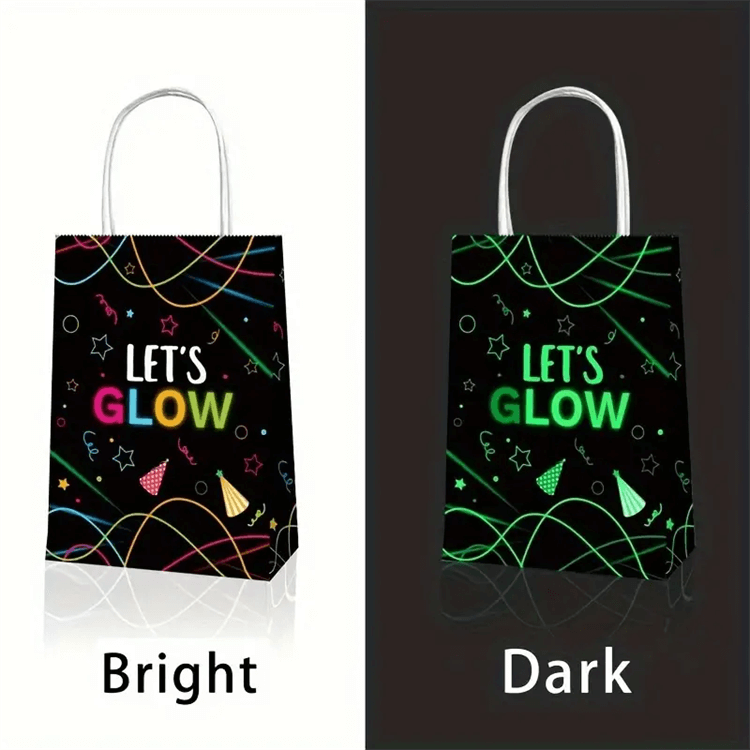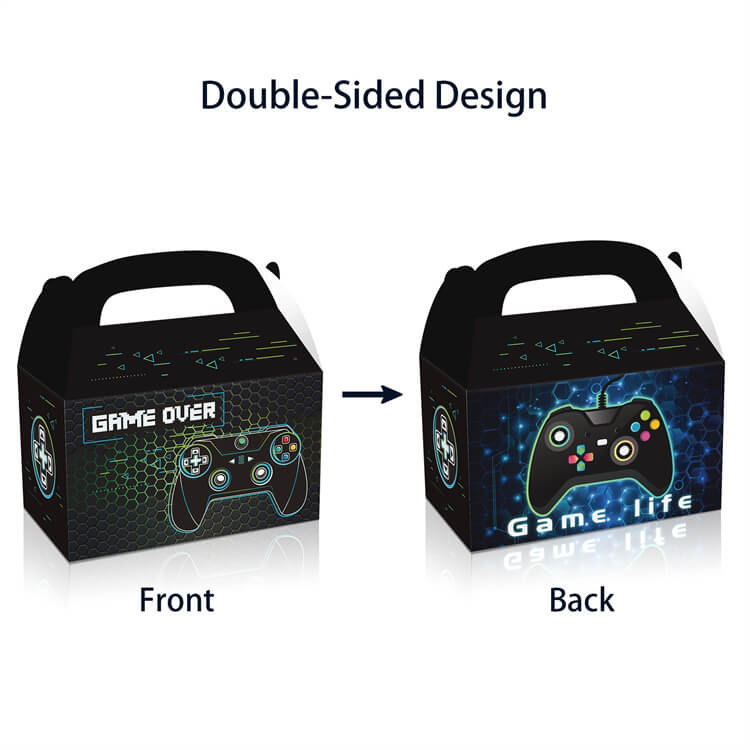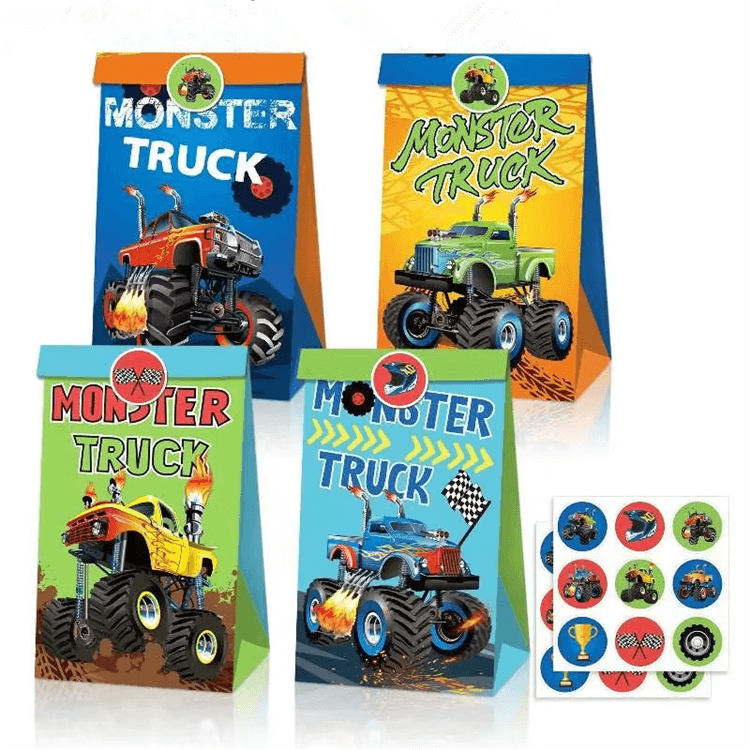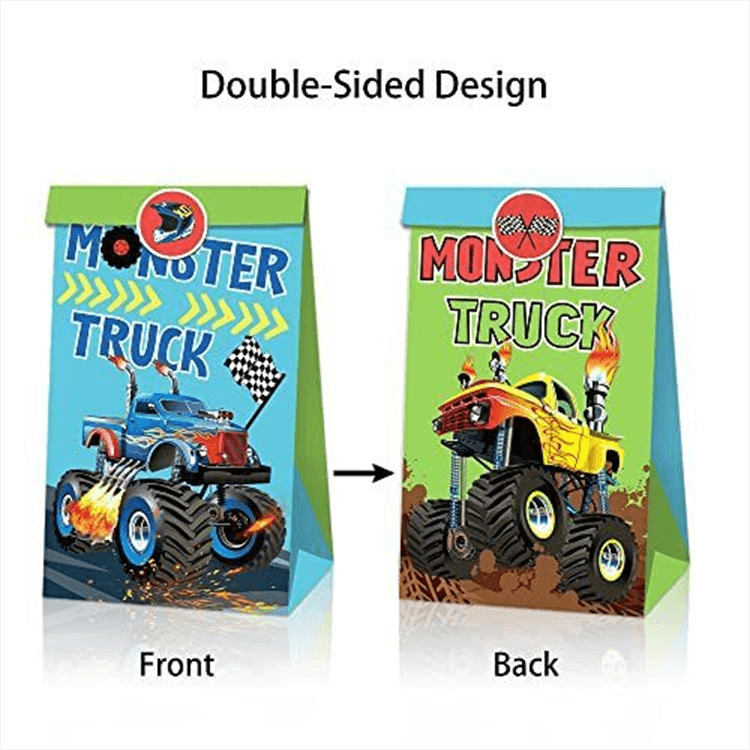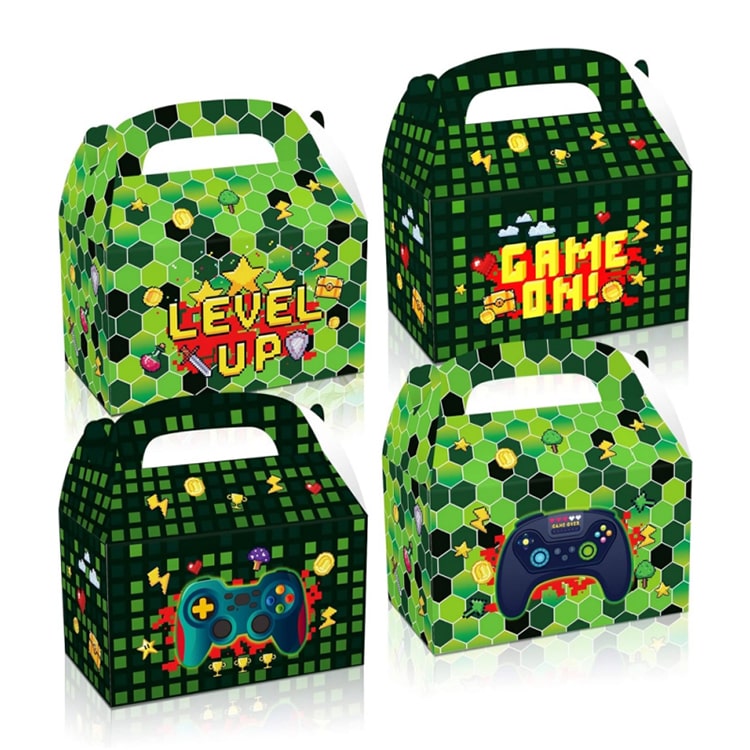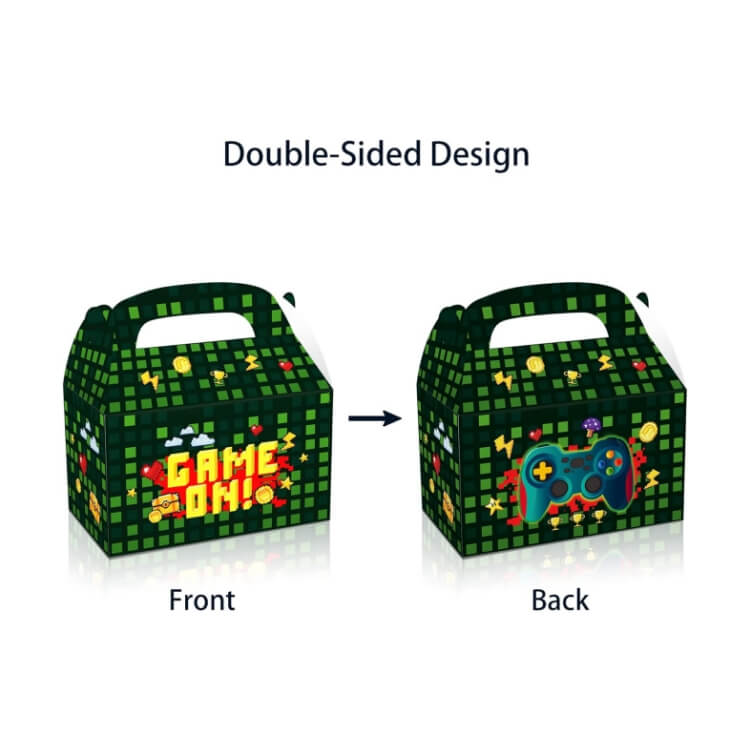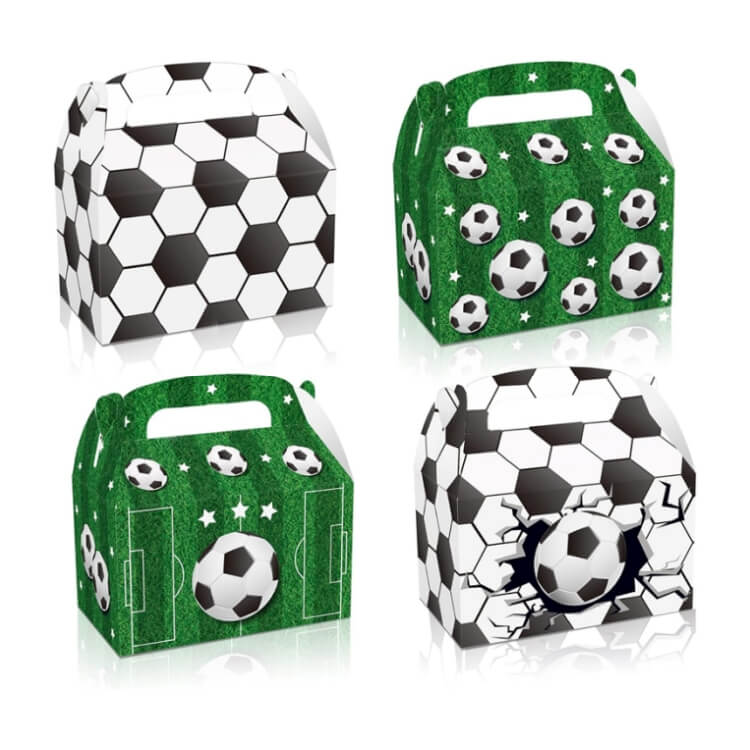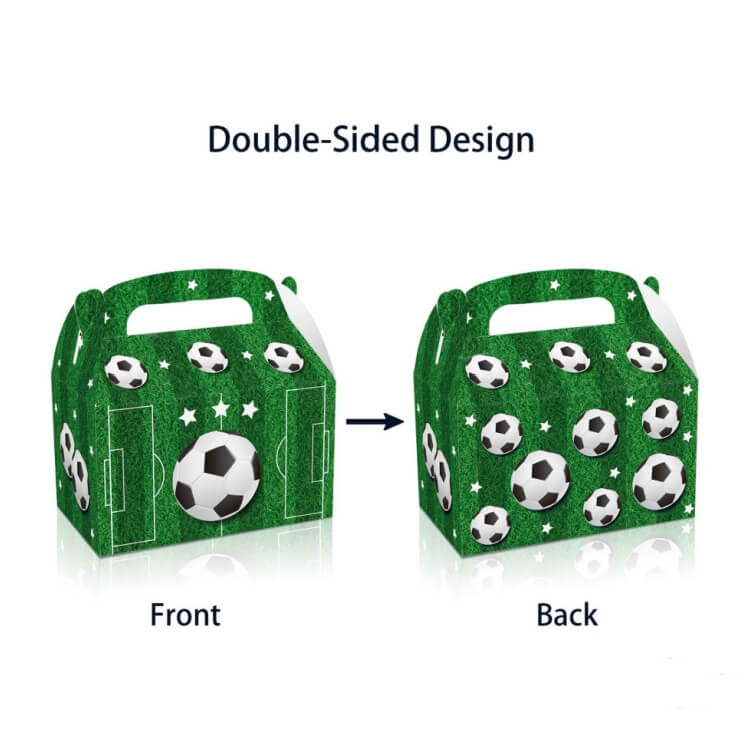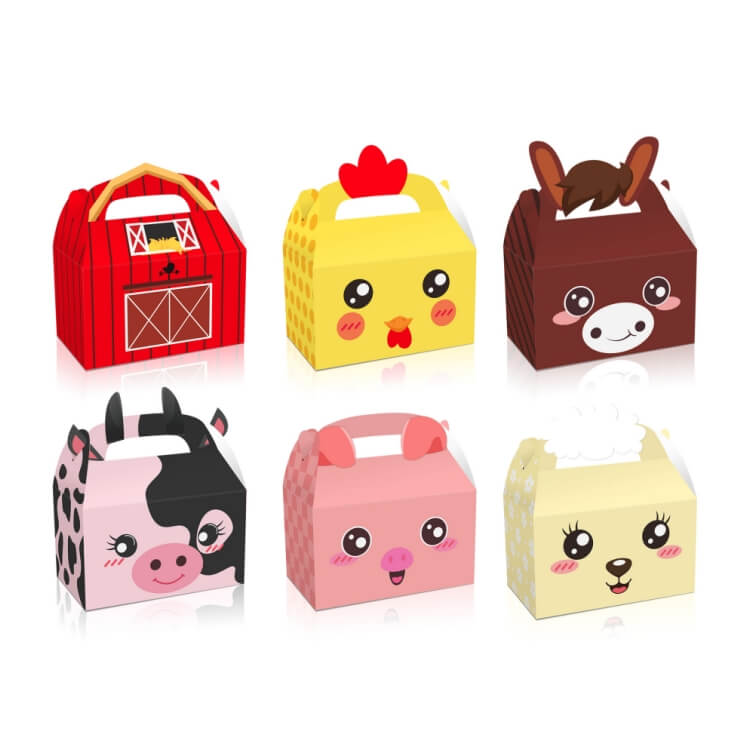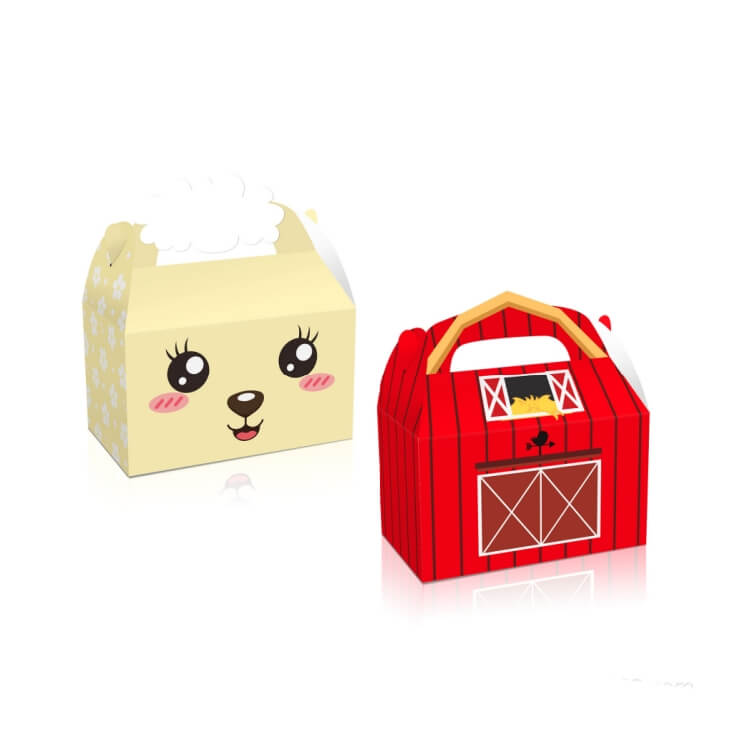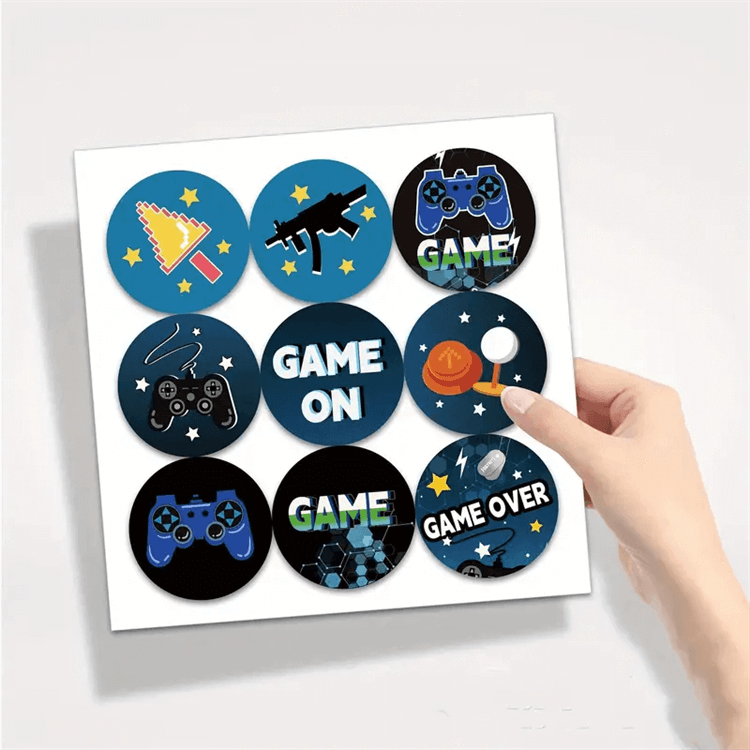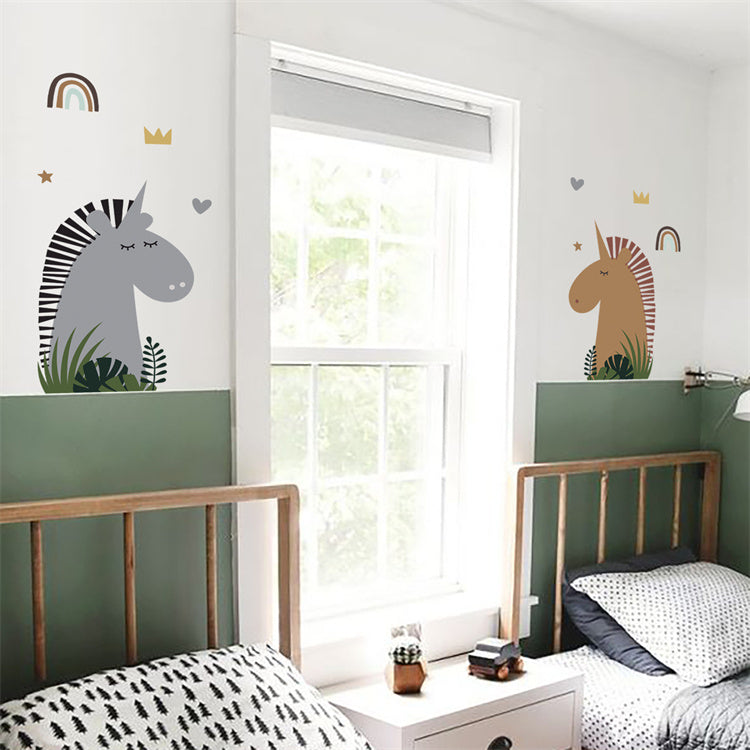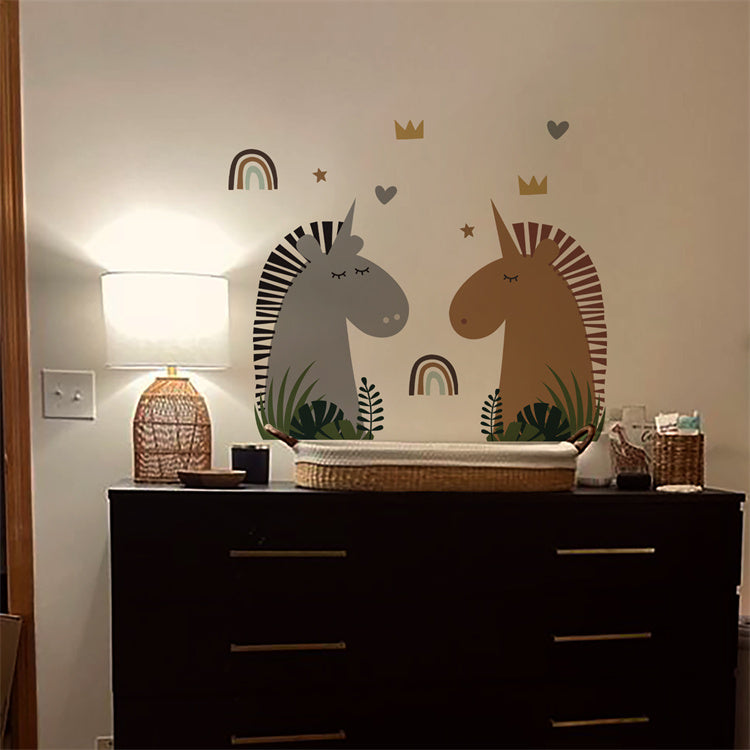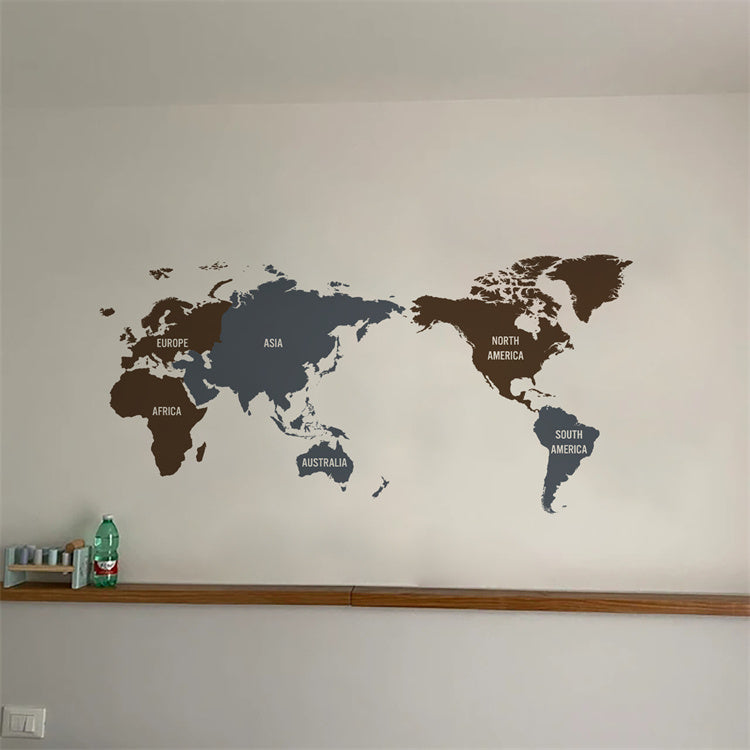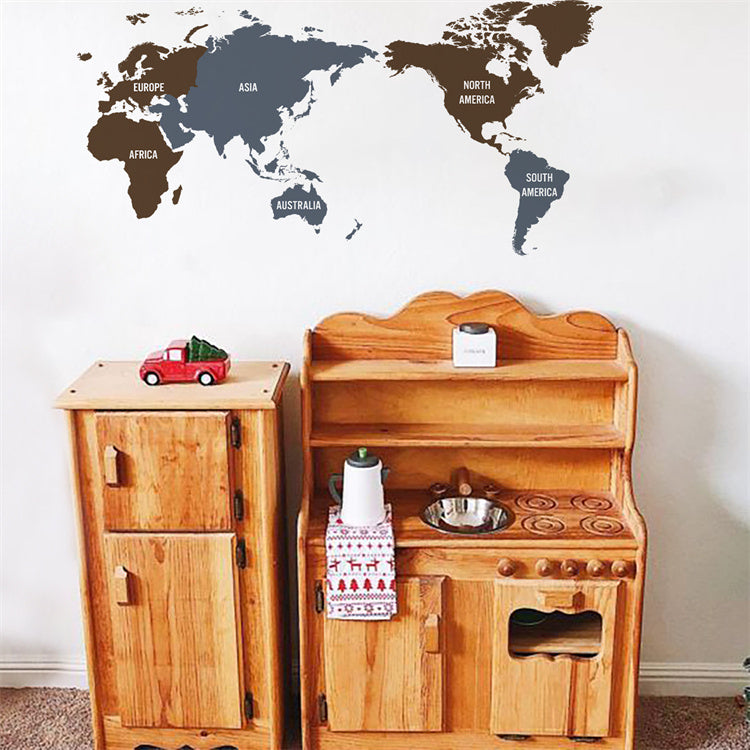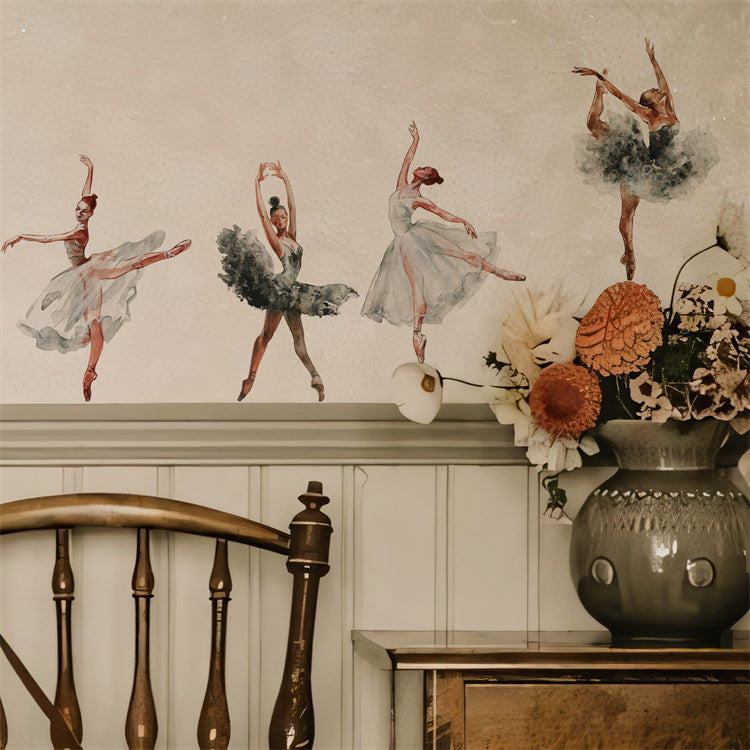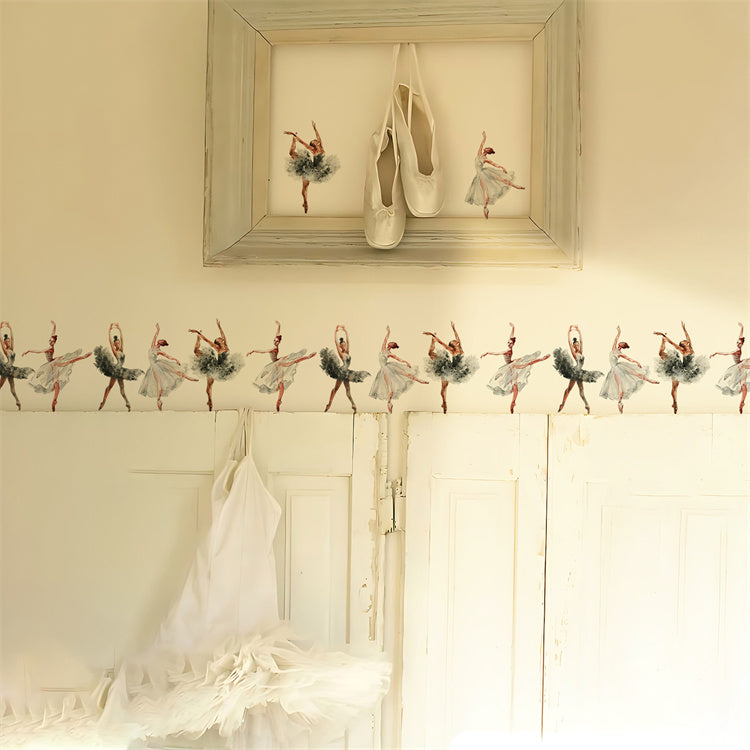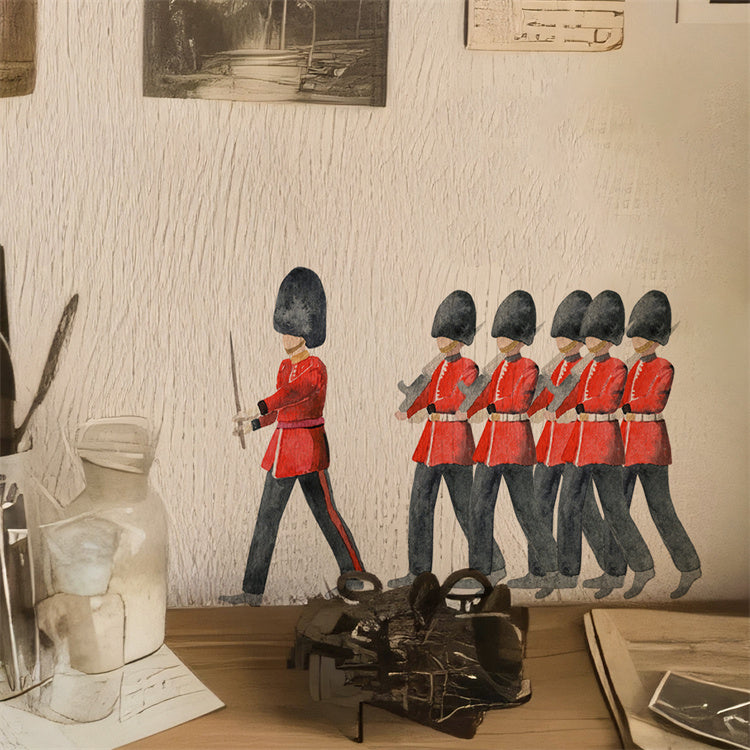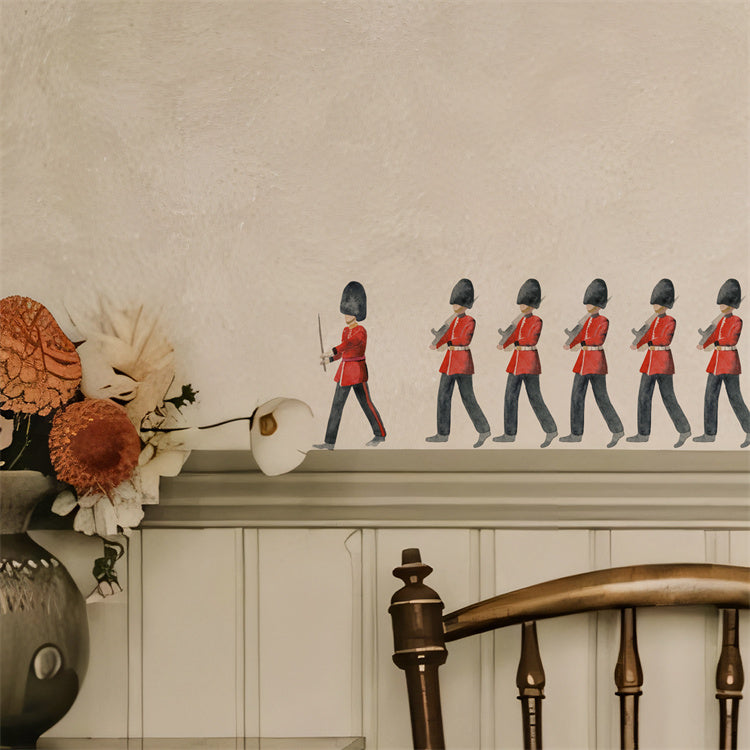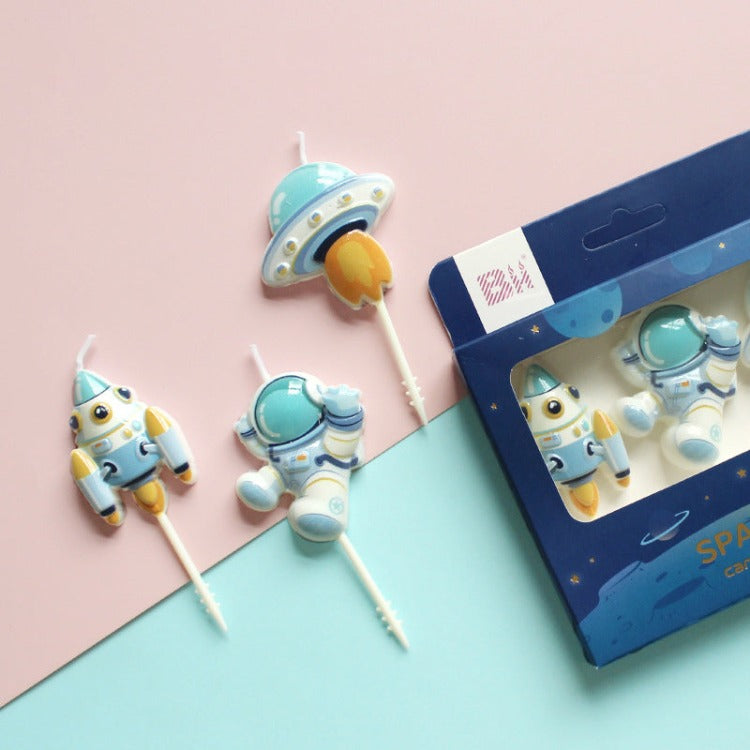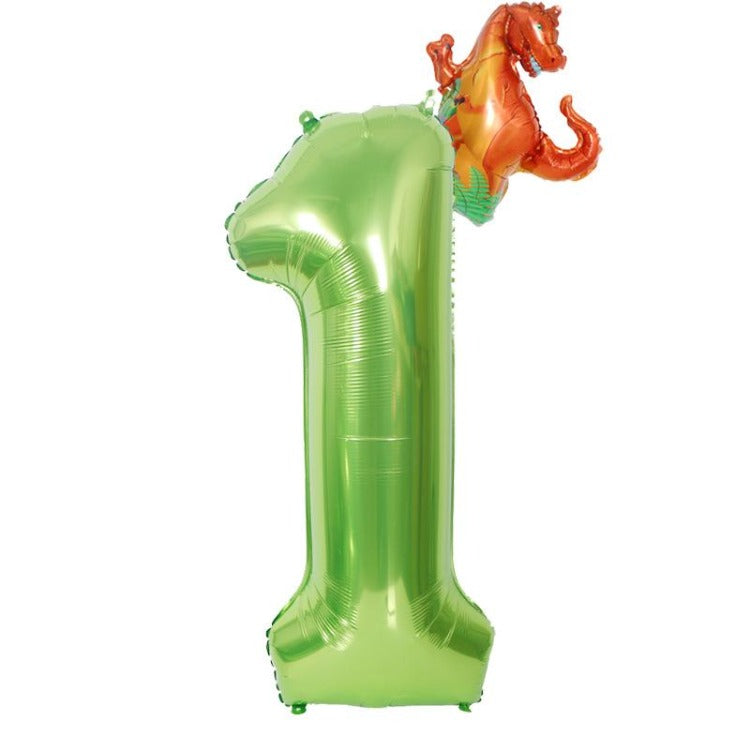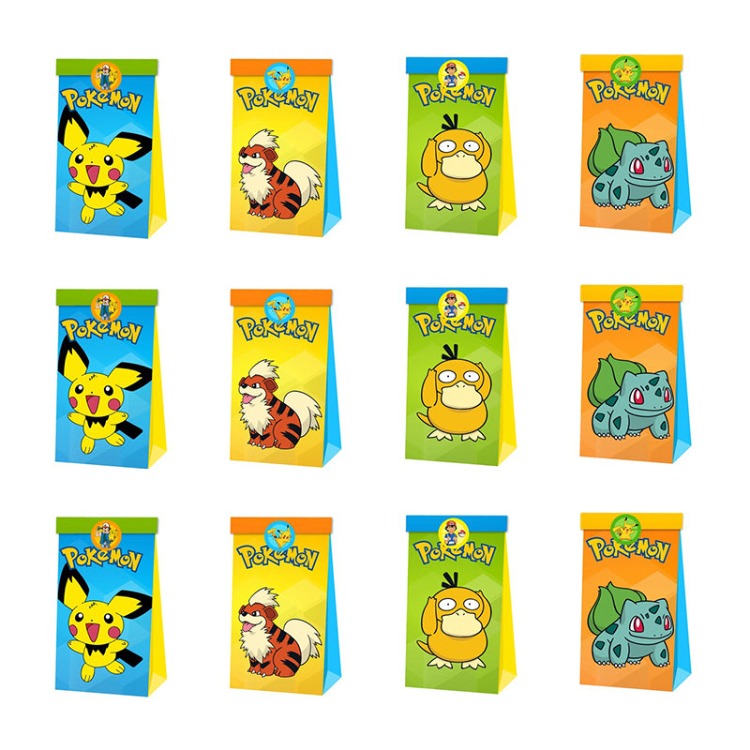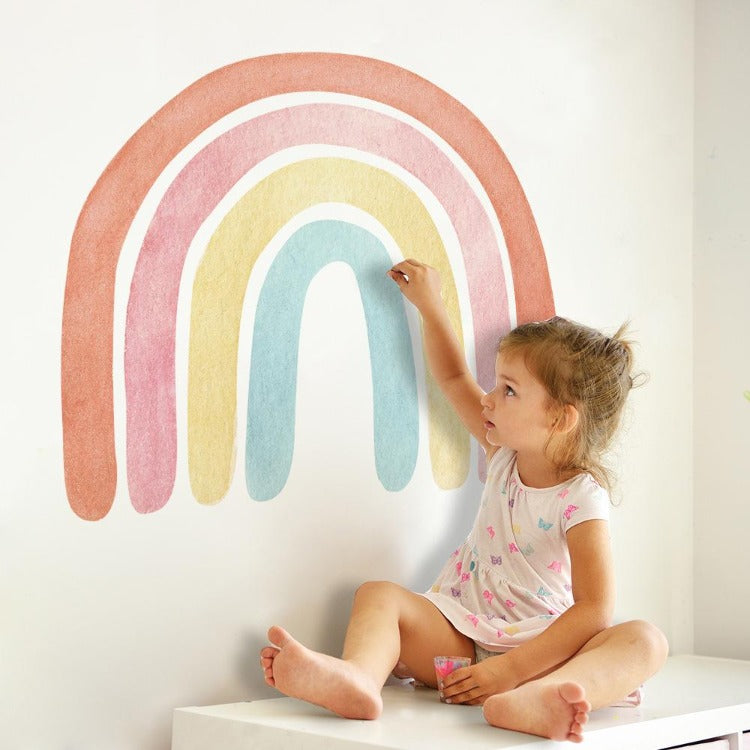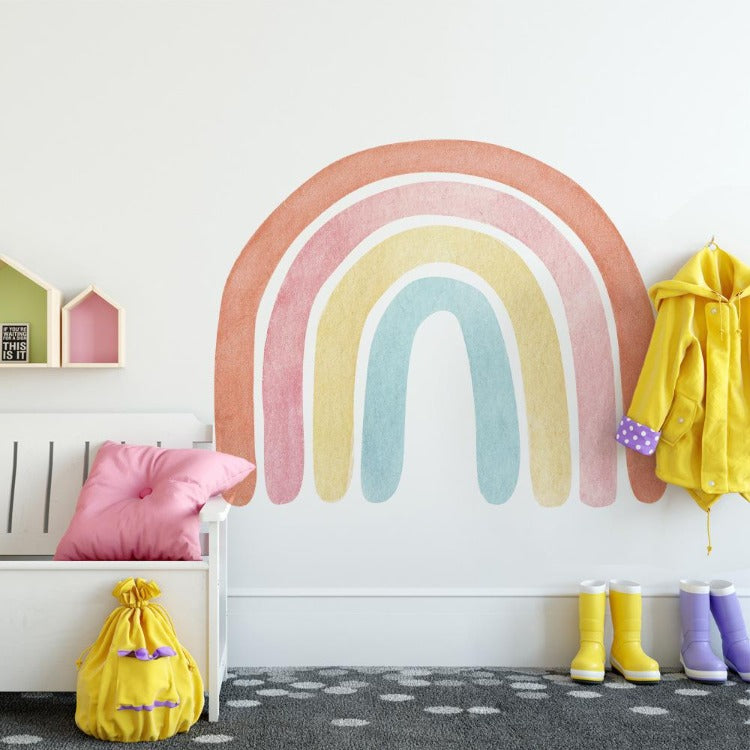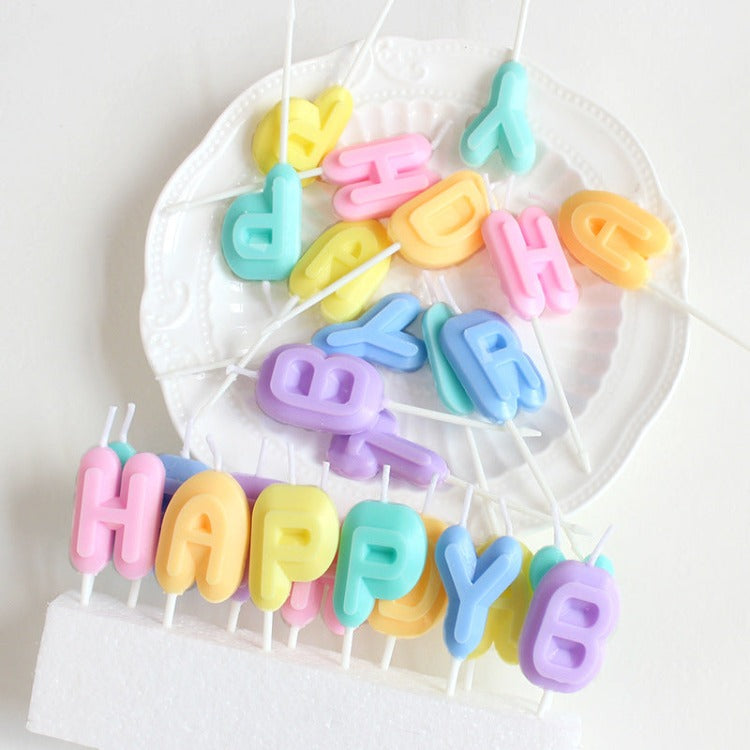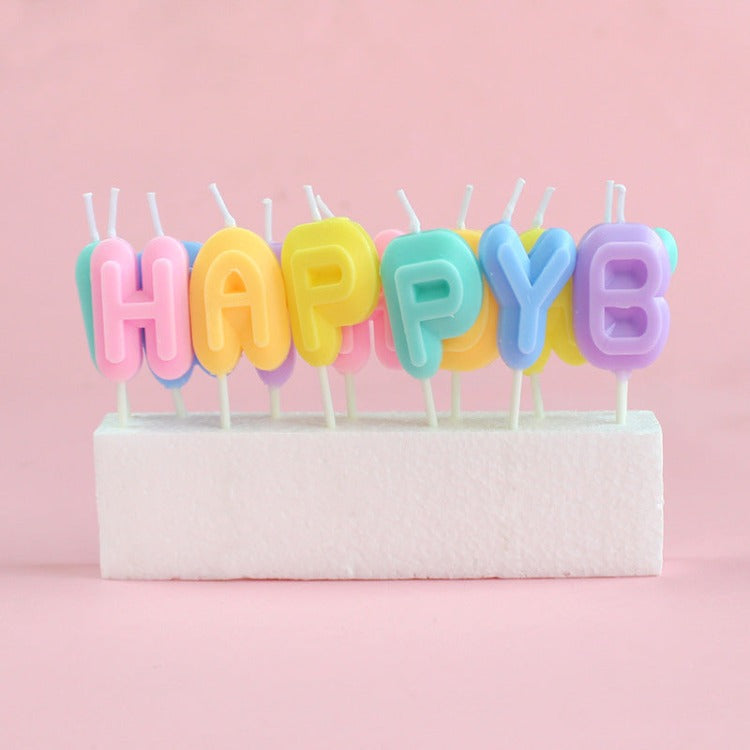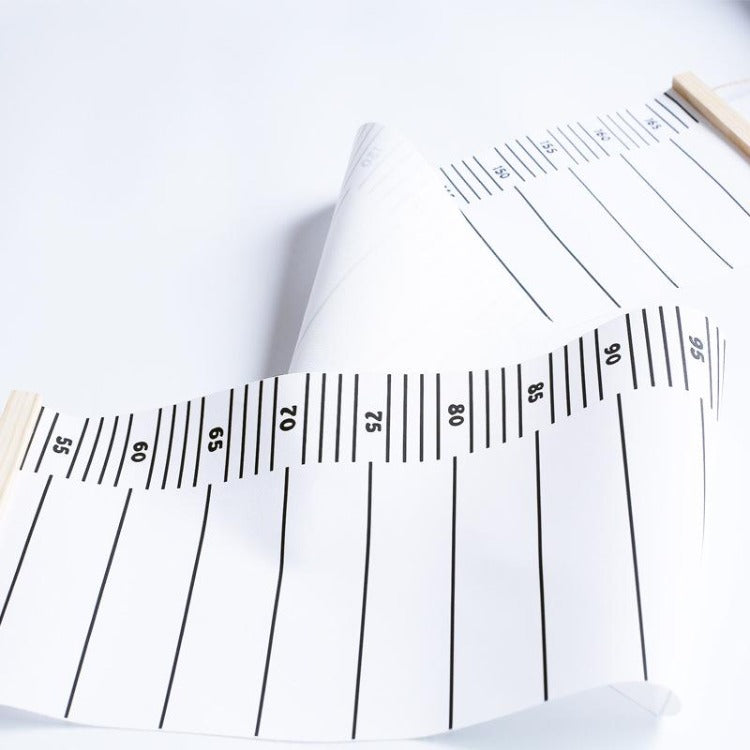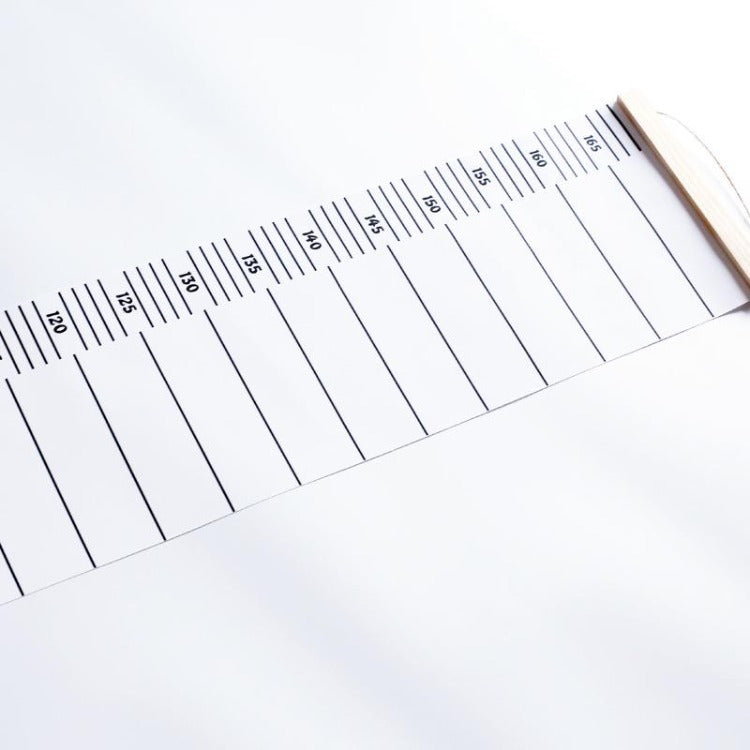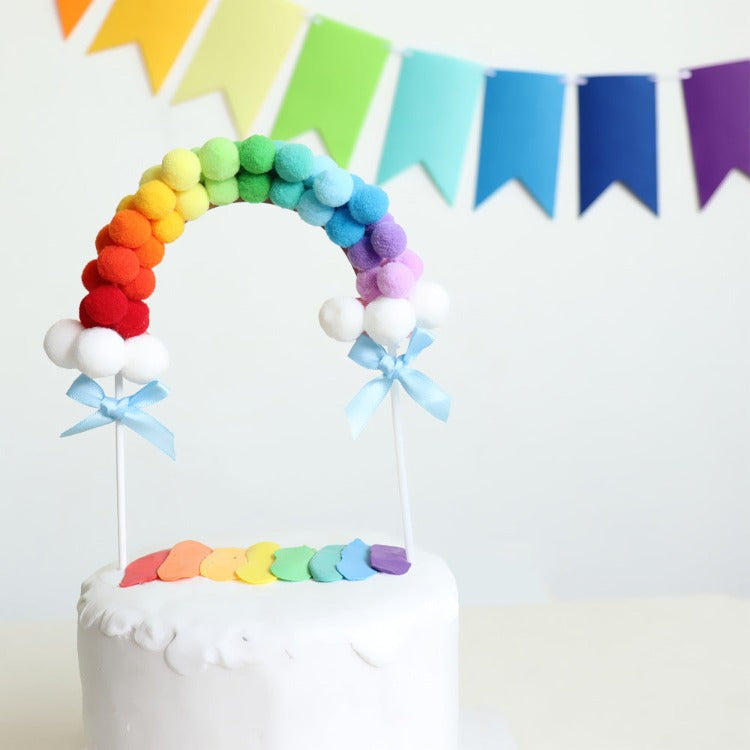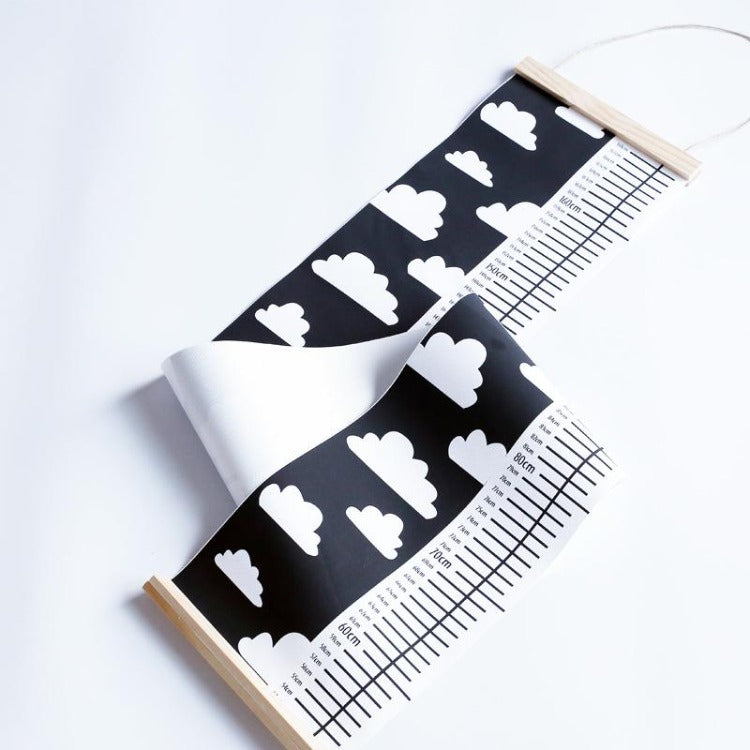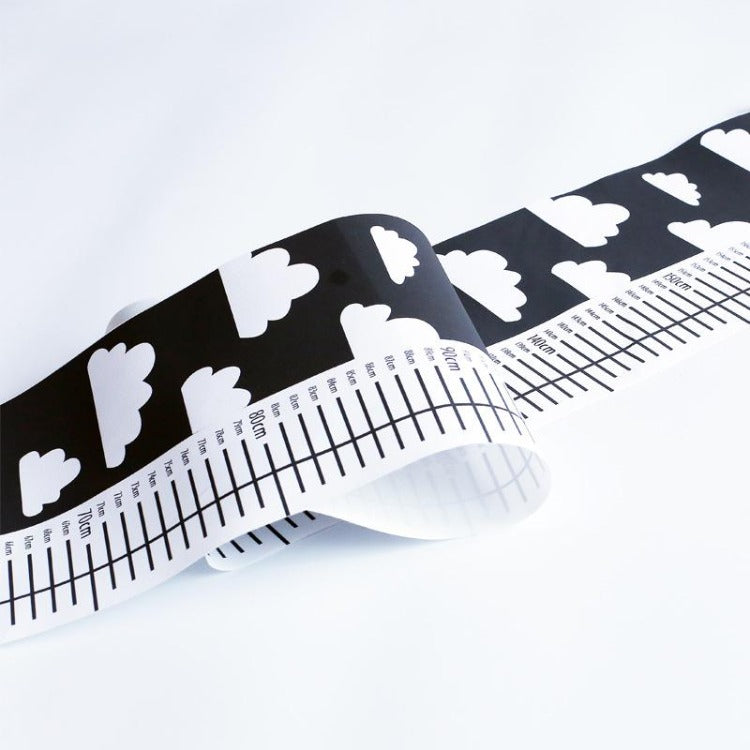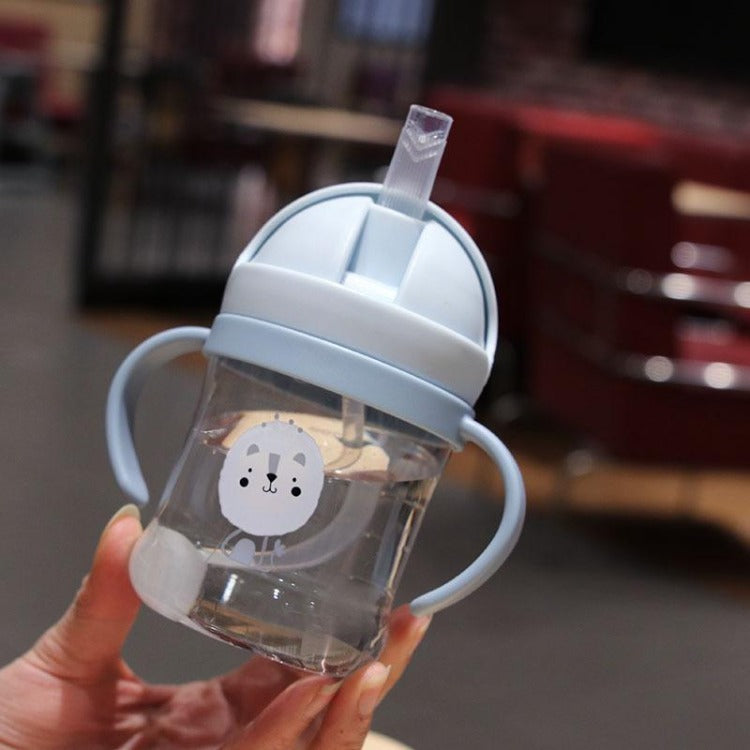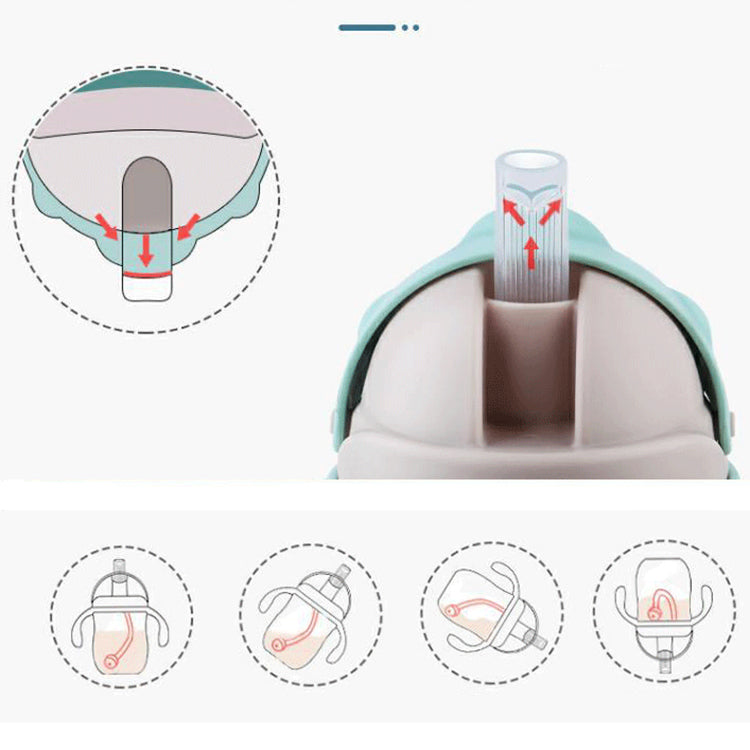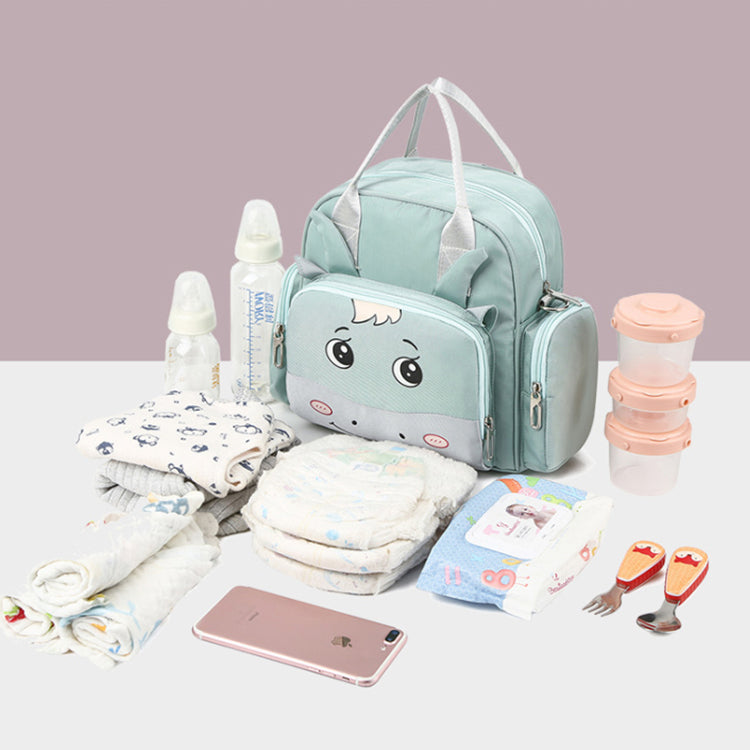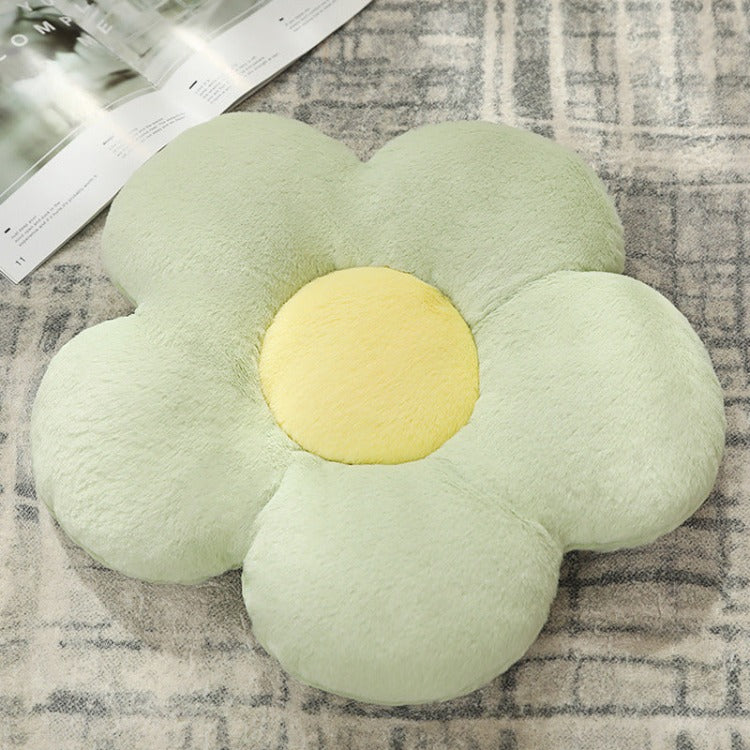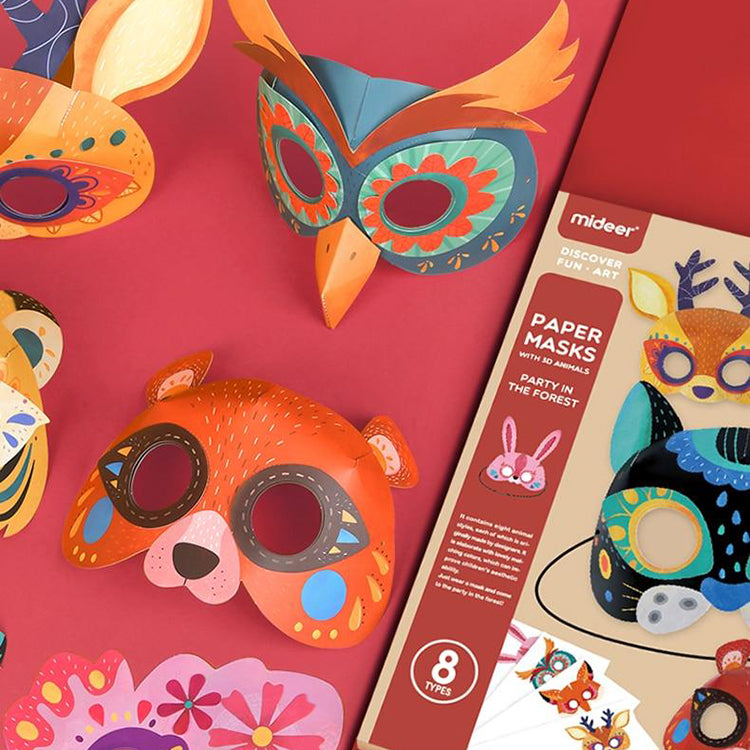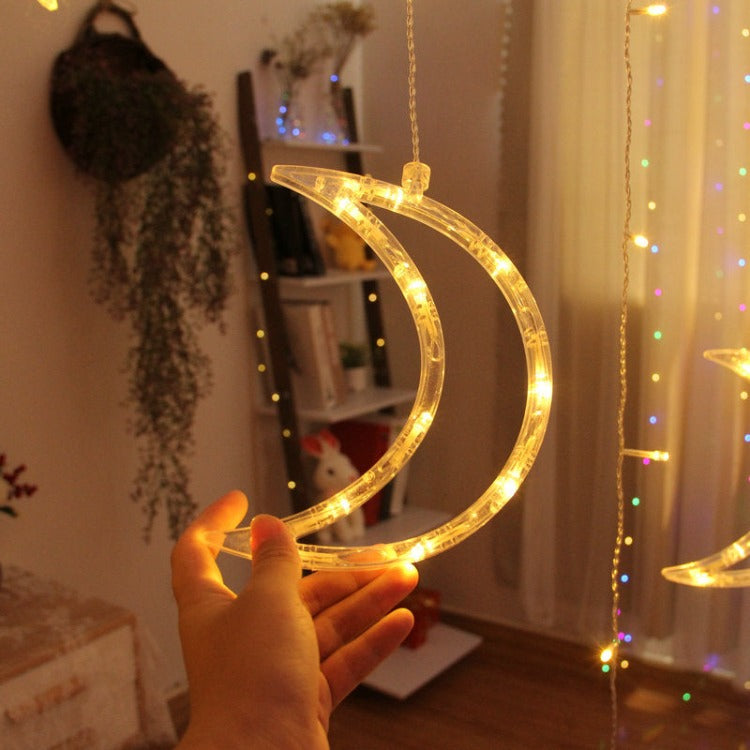
It's always the small pieces that make up the bigger picture. Figuratively this quote rings true for a vast majority of things in life. However, in the literal sense, it perfectly describes the objective of a puzzle.
Puzzles come in all shapes and sizes. Not to mention colours and forms. In other words, there is a puzzle out there for everyone! And here are some benefits of introducing your little one to puzzles:
Problem Solving
At some point, we all have to learn to solve a problem by ourselves. Puzzles offer your child the independence to assess, reason, and find a solution to the obstacle presented to them. The development of these skills will benefit them greatly as adults.
Fine Motor Skills and Coordination
These two motor skills go hand in hand when your child goes on to do things such as writing, drawing and even playing an instrument. Puzzles allow for the child to fit pieces of varying sizes together. Moving the shapes around until they find a match.
For some puzzles like the Baby 4 in 1 Puzzle, they may even need to work in their hand-eye coordination.
Hand-eye coordination
Puzzle building comes in handy when developing this ability. Research shows that a child will subconsciously train themselves when repeatedly trying to find a matching piece. What follows is the fourth benefit...
Self-esteem
Overcoming an obstacle or finding a solution to a seemingly never-ending problem will fill anyone with a sense of achievement. Regardless of age, satisfaction alone will boost your self-confidence as well as self-esteem.
Patience
Practice makes perfect. As we are told through many stages of our lives. The common misconception of the quote is that if you do something over and over again, you'll get it right. This isn't exactly true. Patience is truly the key here.
Developing patience can prove to be difficult in a world of instant gratification. Puzzles could make it a little simpler for you as a parent. In the situation of a difficult puzzle, it's easy for your child to get frustrated. This is when you teach them to step back. Take in all the pieces they have and pay close attention to what is needed and what is missing. Soon enough, they should find their missing piece.
All in all, puzzles assist in many areas of a child's development. What makes it even better is that they aren't just for kids. There is a puzzle out there for everyone.
Take a look at some of the puzzles on offer at iKids.

